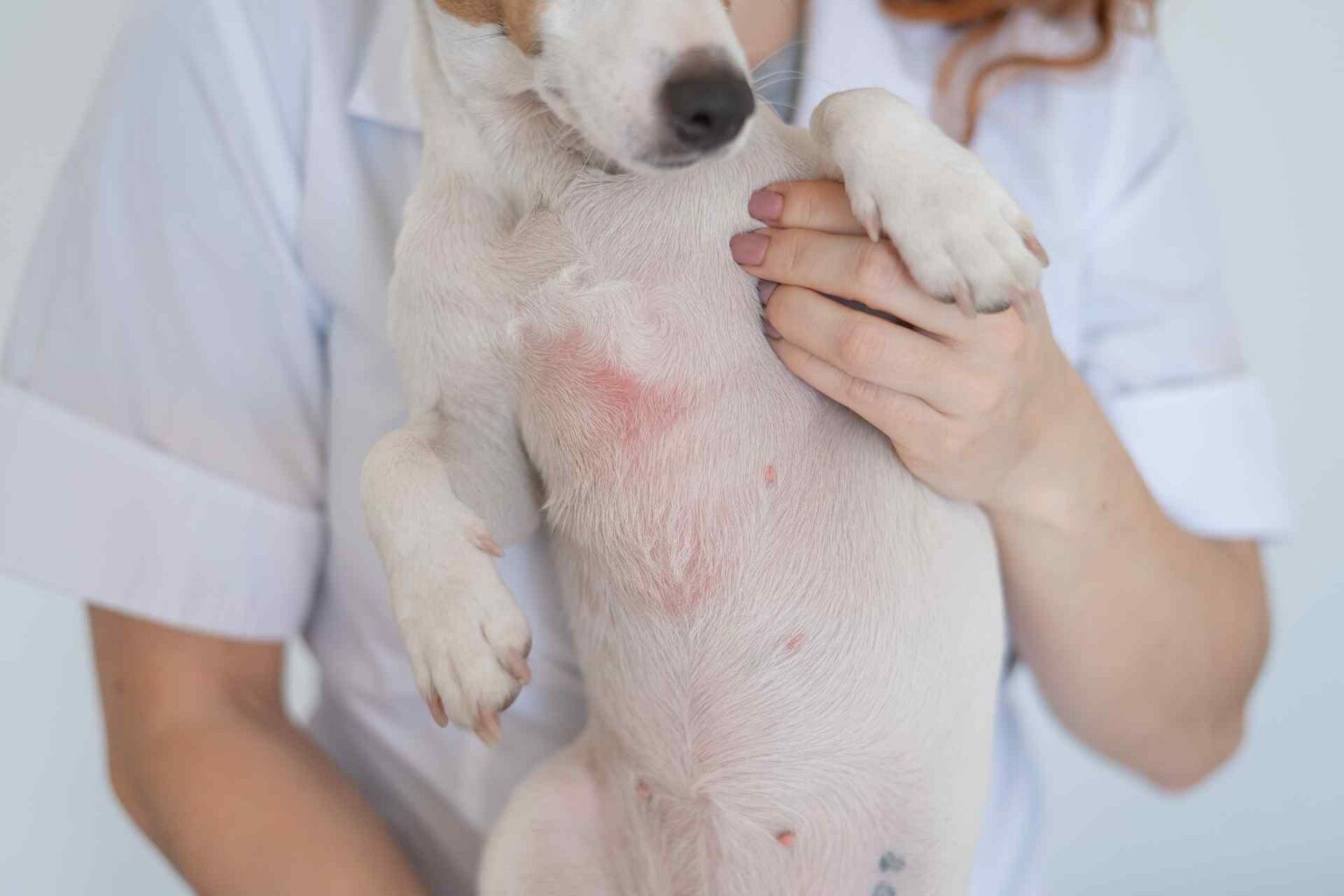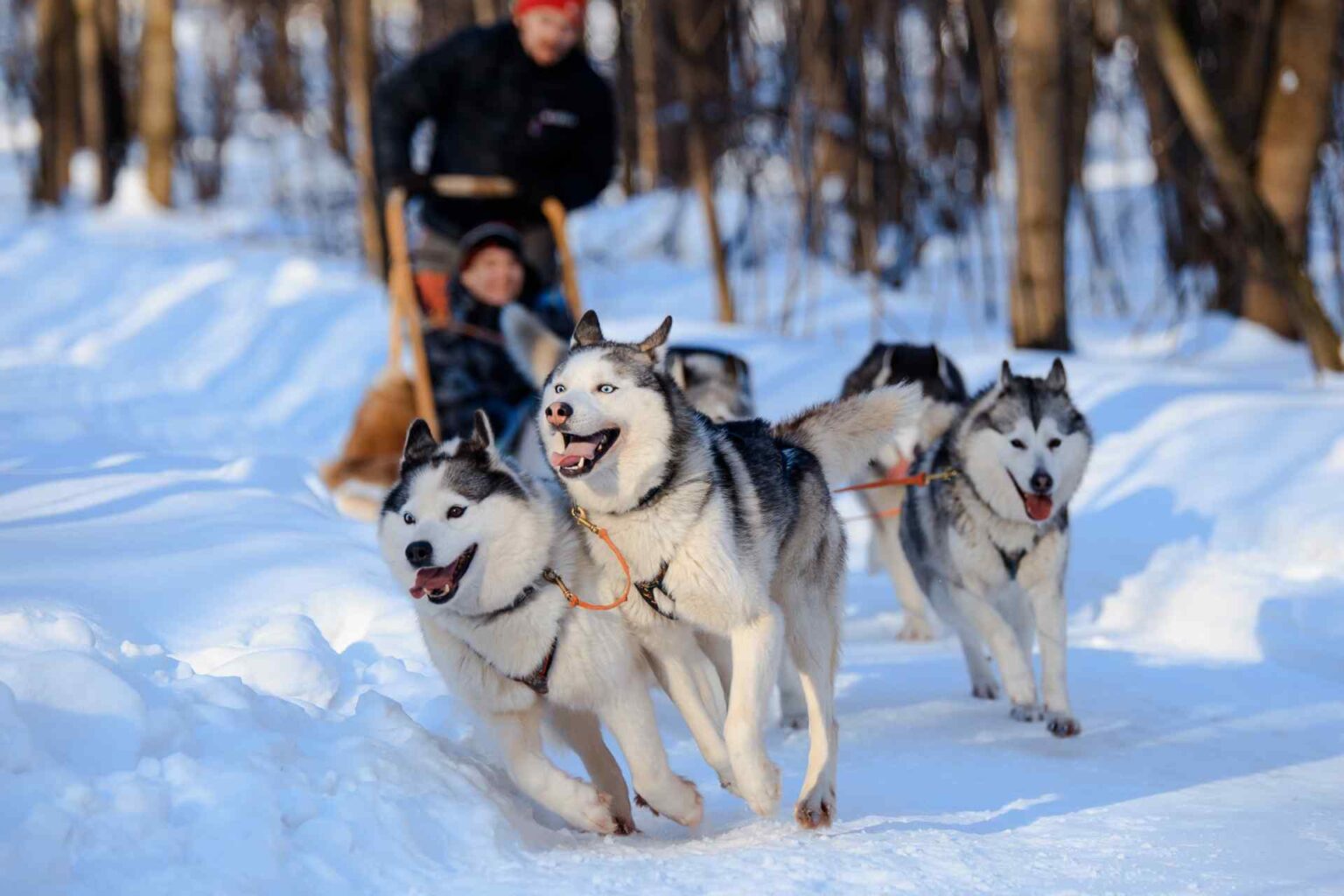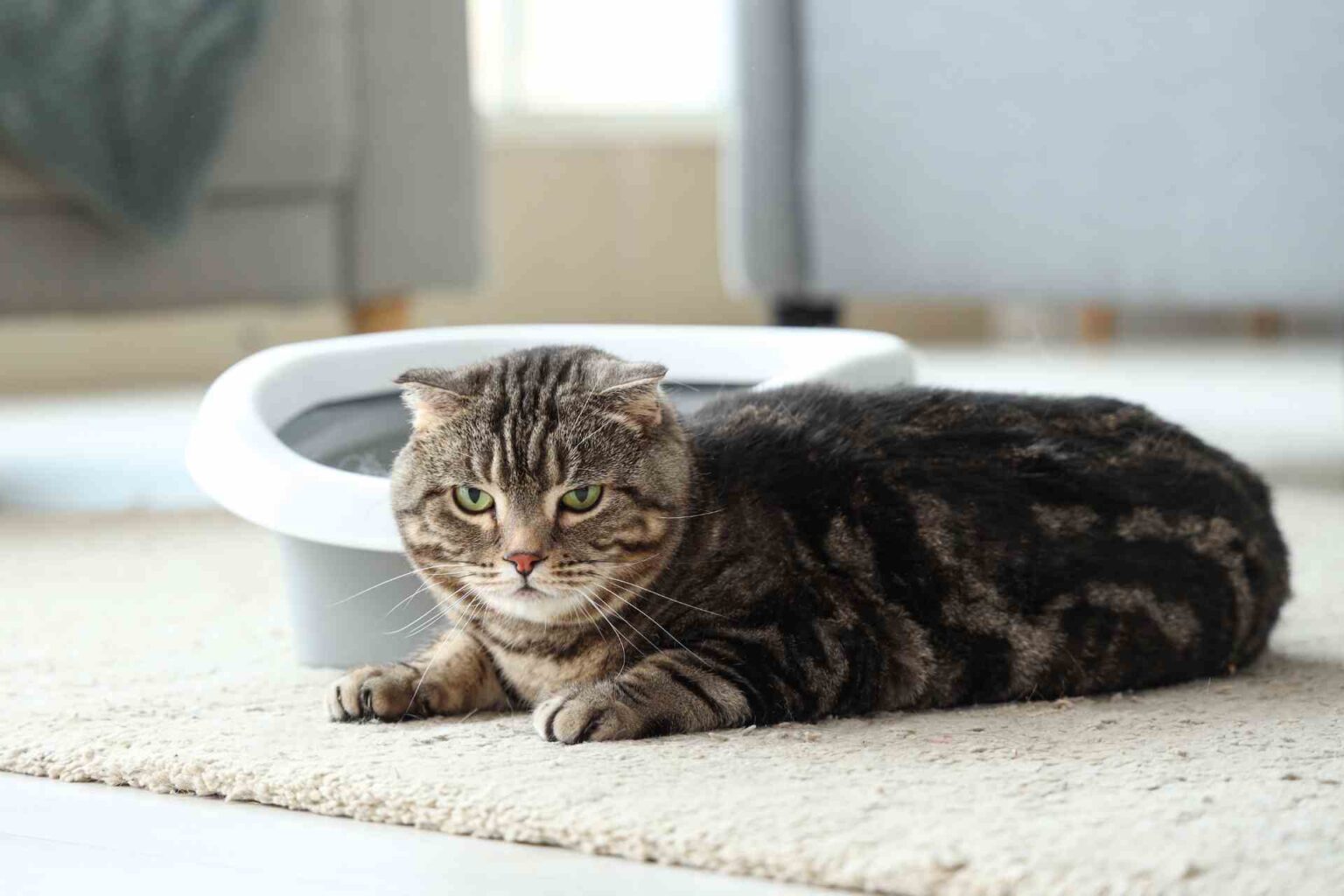Obesity in dogs is a growing problem of concern to veterinary scientific communities worldwide. At the same time, the fecal microbiota has attracted attention for its impact on energy efficiency and metabolic disorders in the host.
However, little is still known about specific microbial interactions and how these may be affected by obesity in dogs.
Canine obesity is considered a serious metabolic disease as it can predispose dogs to a number of disorders, such as cardiovascular disease, expiratory airway dysfunction, and diabetes mellitus, and has detrimental effects on longevity. The main cause of obesity in dogs is an imbalance between energy intake and energy expenditure. In addition, some studies suggest that breed, feed quality, and the owner’s interest in keeping the animal healthy are also possible causes.
A report of 2023 investigated differences in fecal microbiota composition, microbial functional profiles and specific networks between groups of obese dogs and groups with normal BCS after meeting maintenance energy requirements.
The study
A total of 20 beagle dogs (males = 12, body weight [BW]: 10.5 ± 1.08 kg; females = 8, body weight: 11.3 ± 1.71 kg; all 2 years old) were fed to meet maintenance energy requirements for 18 weeks. Then, 12 beagle dogs were selected according to body condition score (BCS) and divided into two groups: high BCS group (HBCS; BCS range: 7-9) and normal BCS group (NBCS; BCS range: 4-6).
In the last week of the experiment, fecal samples were collected directly from the rectum before the meal to analyze the fecal microbiome by 16S rRNA gene sequencing.
The relative abundances of Faecalibacterium, Phascolarctobacterium, Megamonas, Bacteroides, Mucispirillum and an unclassified genus within the Ruminococcaceae were significantly higher in the HBCS group than in the NBCS group (P< 0.05).
In addition, some Kyoto Encyclopedia of Genes and Genomes (KEGG) modules related to the biosynthesis of amino acids and B vitamins were increased in the HBCS group (P<0.10), indicating greater energy efficiency through cross-feeding between auxotrophs and prototrophs. While those related to carbohydrate metabolism were increased in the NBCS group (P<0.10).
Differences in BCS did not affect the overall microbiota distribution and expected functional characteristics.
However, several genera related to short-chain fatty acid production were enriched in the HBCS group. In addition, specific copresence and mutually exclusive interactions were found between the HBCS and NBCS groups.
Reference
Reference: Kim, H., Seo, J., Park, T. et al. Obese dogs exhibit different fecal microbiome and specific microbial networks compared with normal weight dogs. Sci Rep 13, 723 (2023). https://doi.org/10.1038/s41598-023-27846-3











